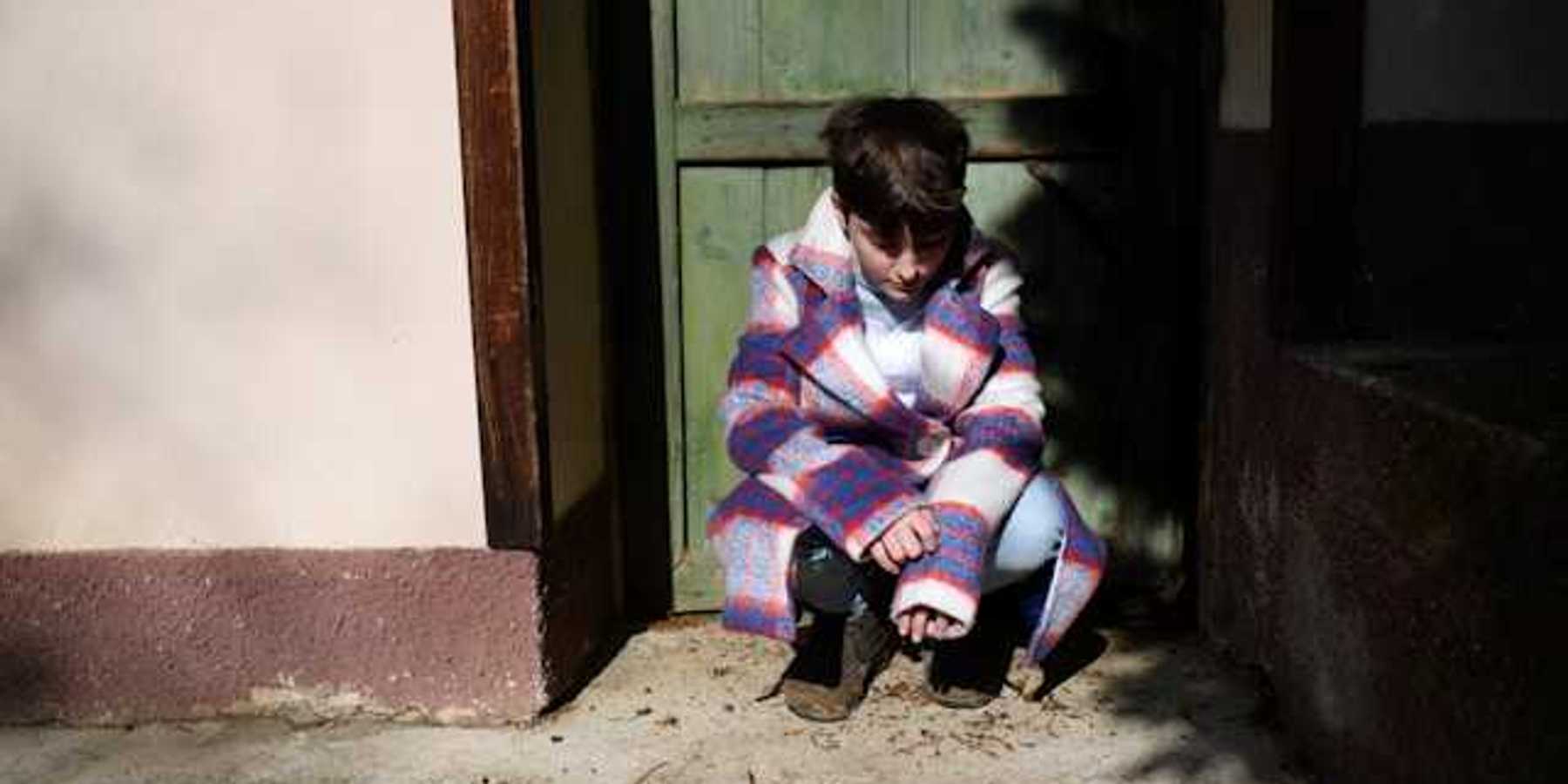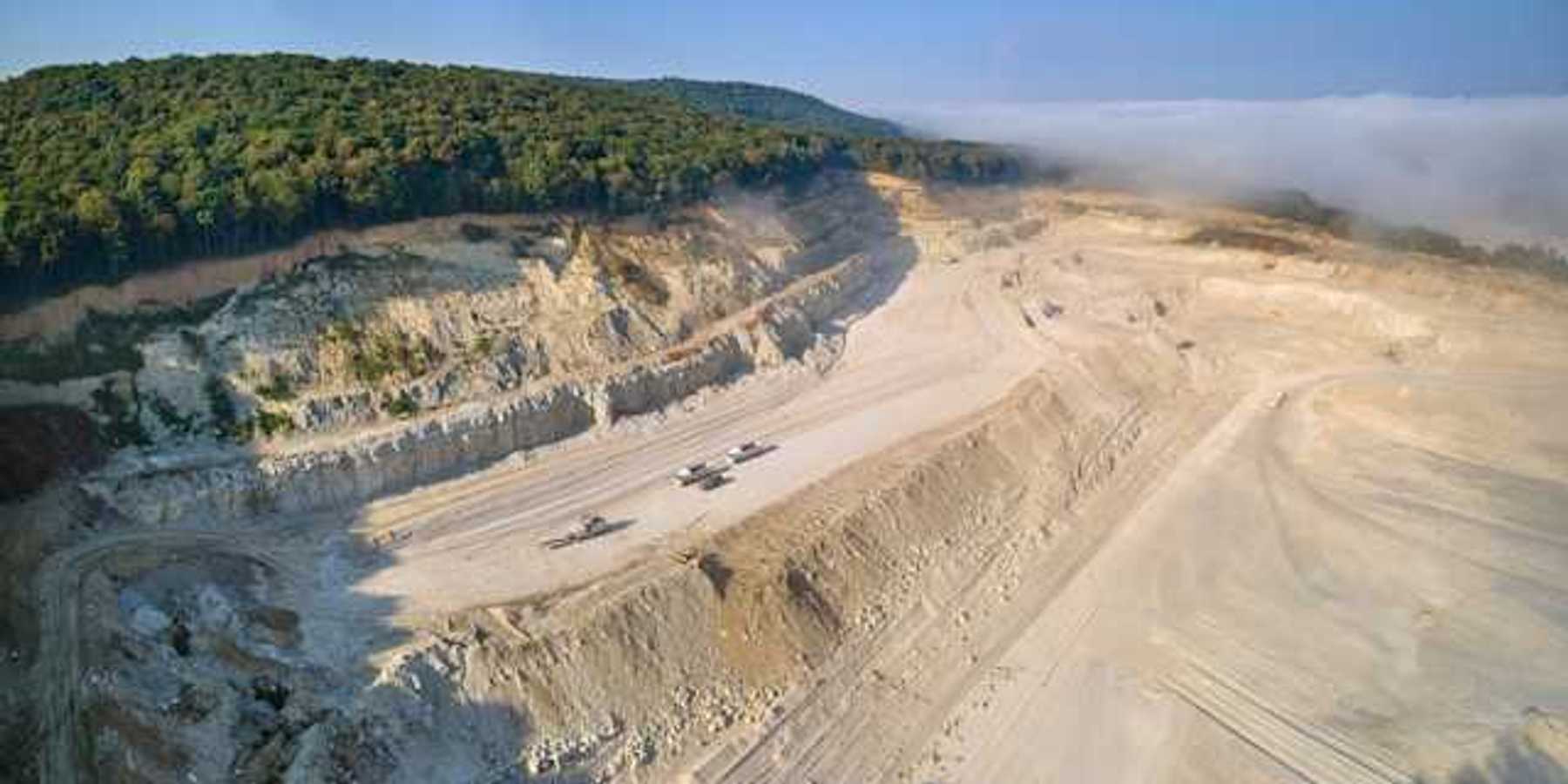Washington voters face costly decisions in the fight over climate and gas prices
Washington state’s expensive battle over its 2021 Climate Commitment Act intensifies as voters decide whether to repeal the law, which caps emissions and funds clean energy projects, or keep it in place despite rising gas prices.
Claire Withycombe reports for The Seattle Times.
In short:
- Nearly $20 million has been spent on campaigns for and against repealing Washington’s climate law, primarily over its impact on gas prices.
- Proponents argue that the carbon market drives up gas costs, while opponents say repealing the law would cut vital funding for transportation and environmental projects.
- Polls show voter opinion split, with 24% undecided as election day approaches.
Key quote:
“The only guarantee of Initiative 2117 is cuts to transportation, cuts to clean air programs, cuts to programs that protect our waterways.”
— Mark Prentice, spokesperson for No on 2117
Why this matters:
Washington’s decision will impact not just fuel prices but the state’s ability to fund projects addressing air quality, public health and infrastructure. Repealing the law could reduce funding for environmental programs critical to reducing pollution.
Learn more: Washington governor defends climate law against repeal effort













